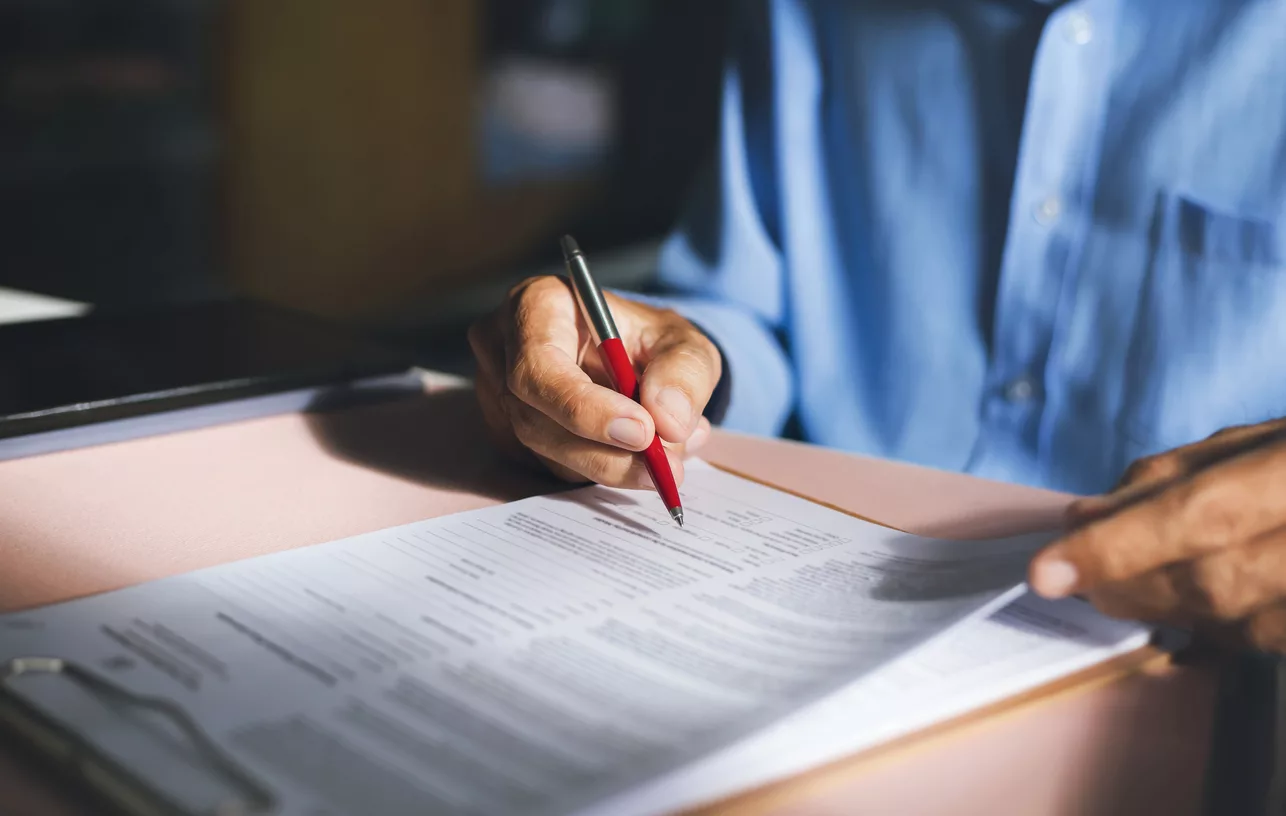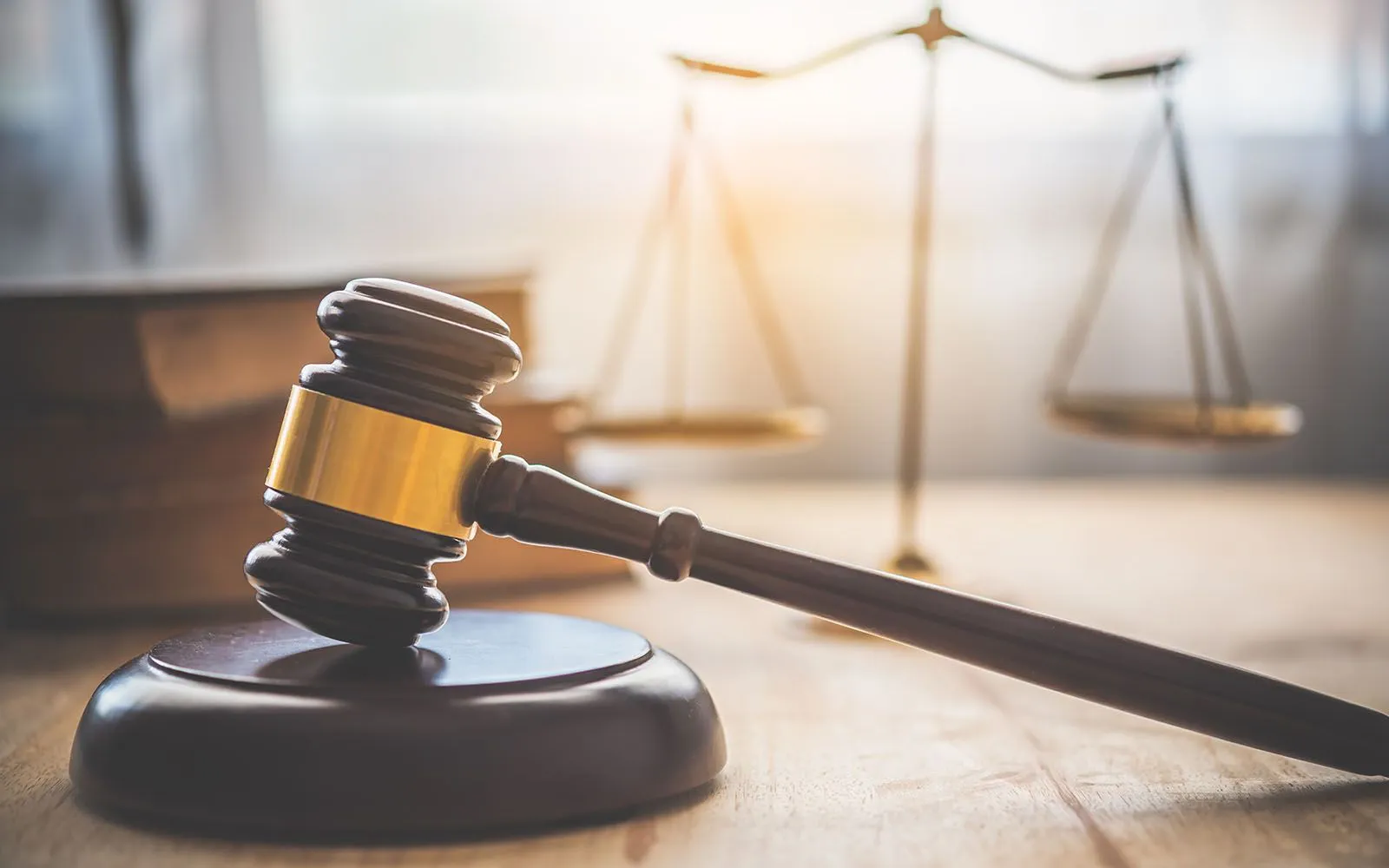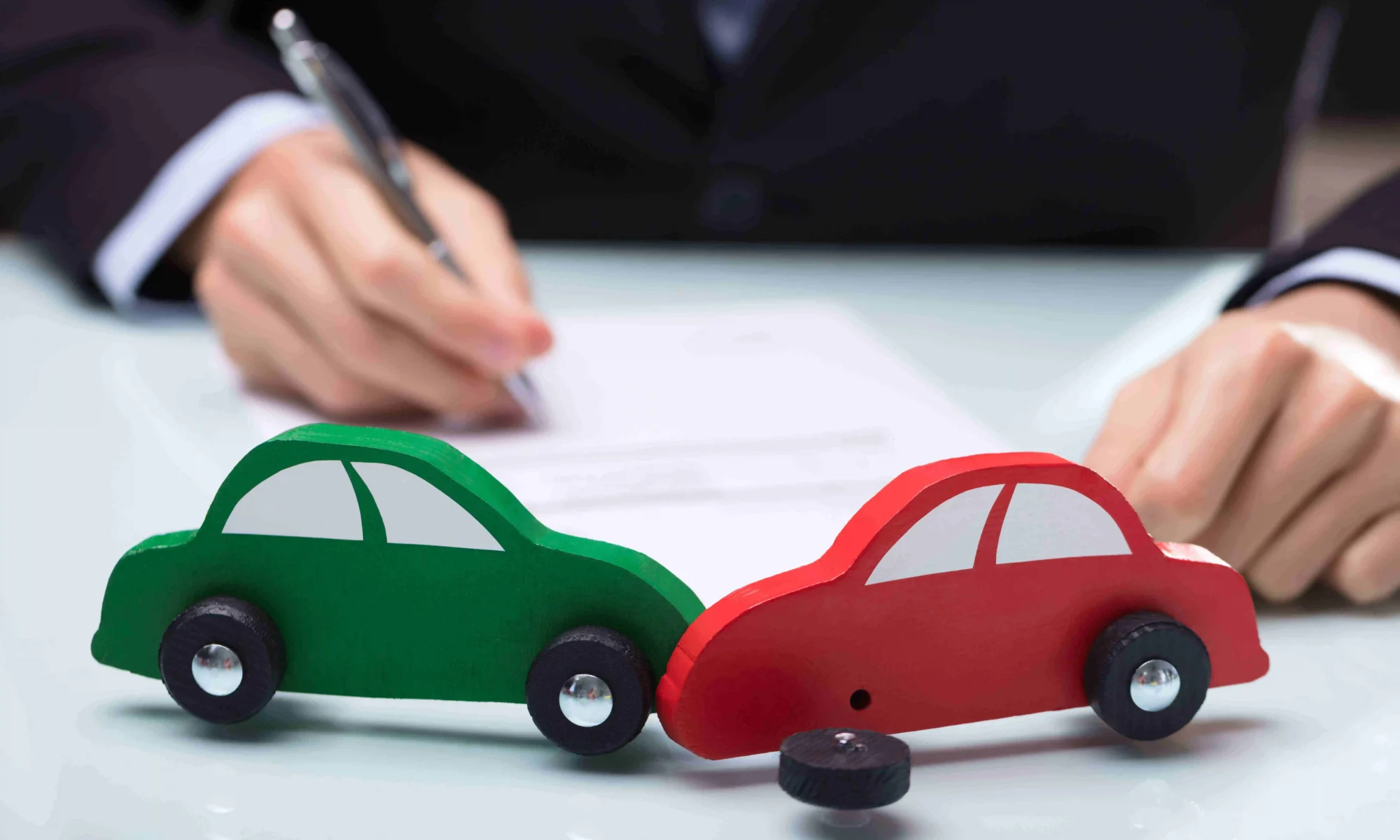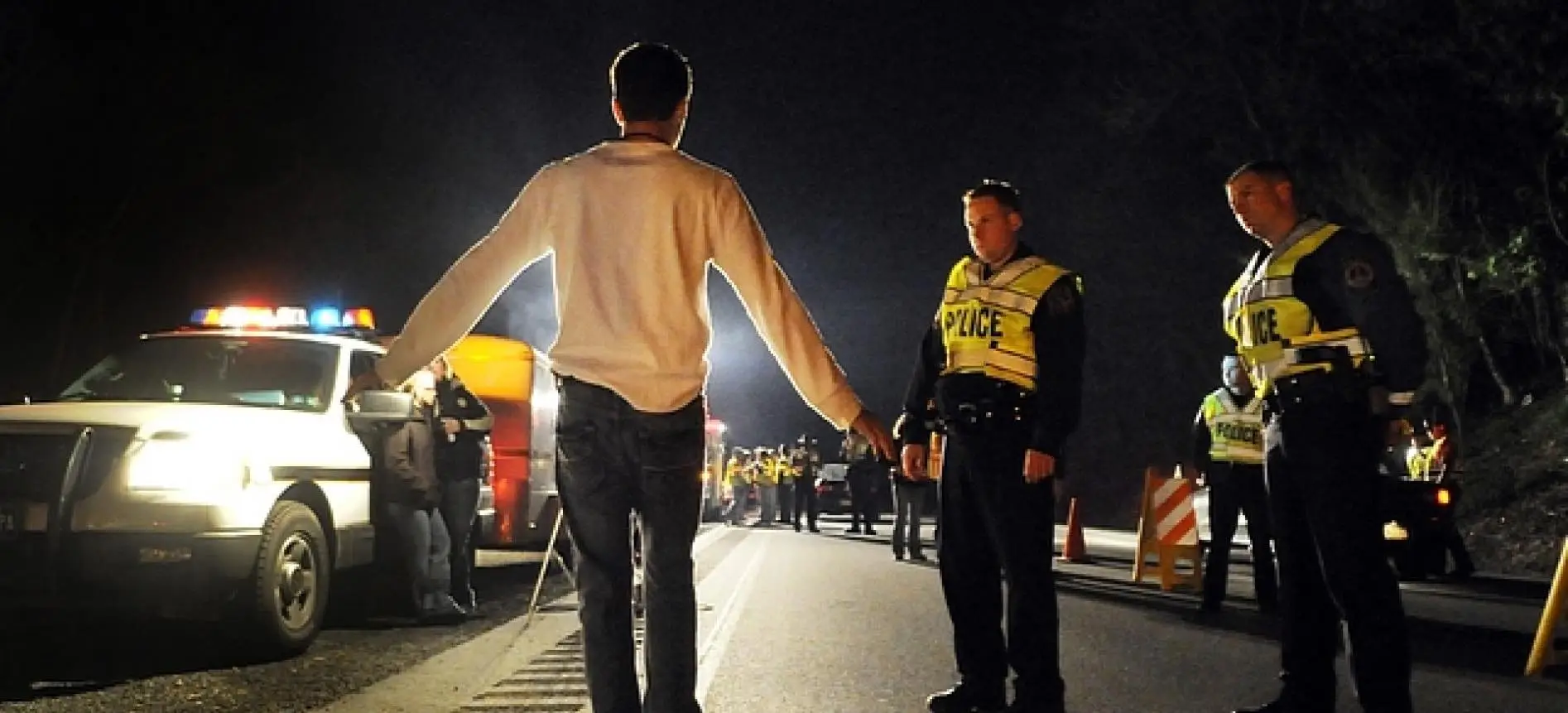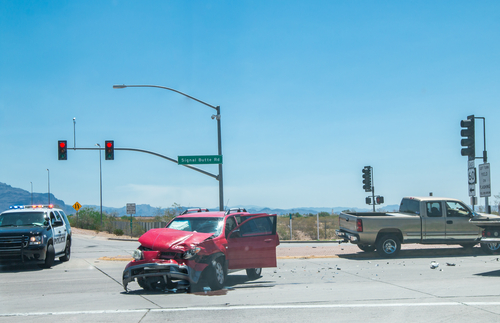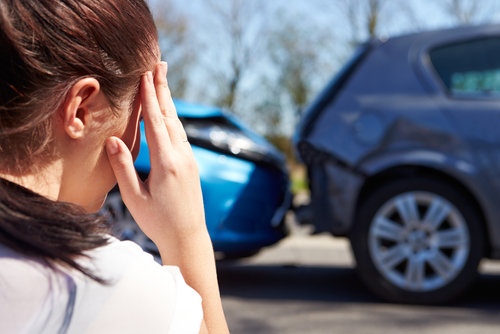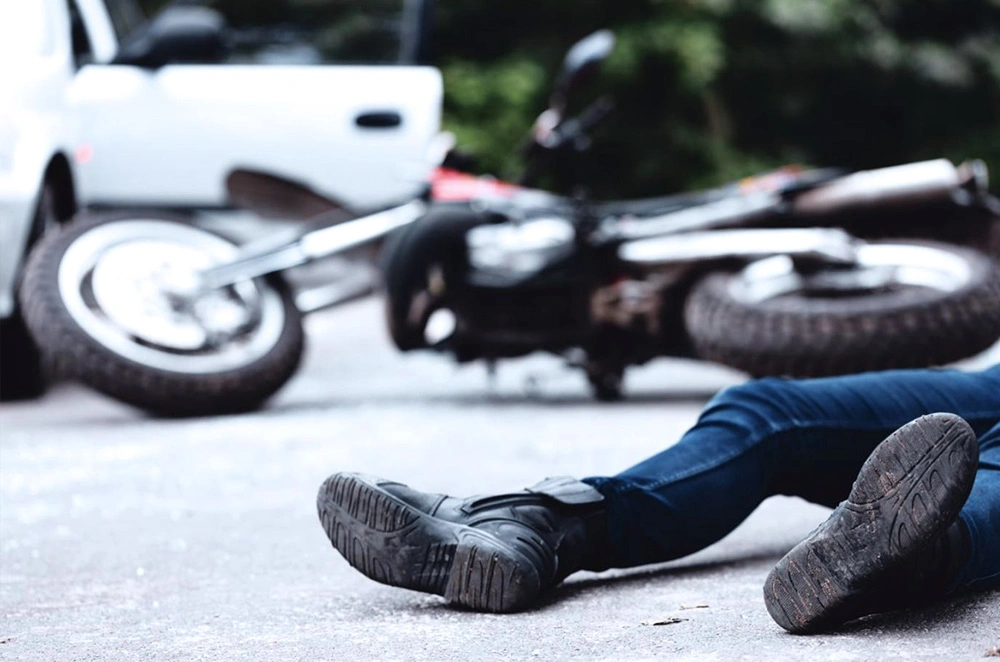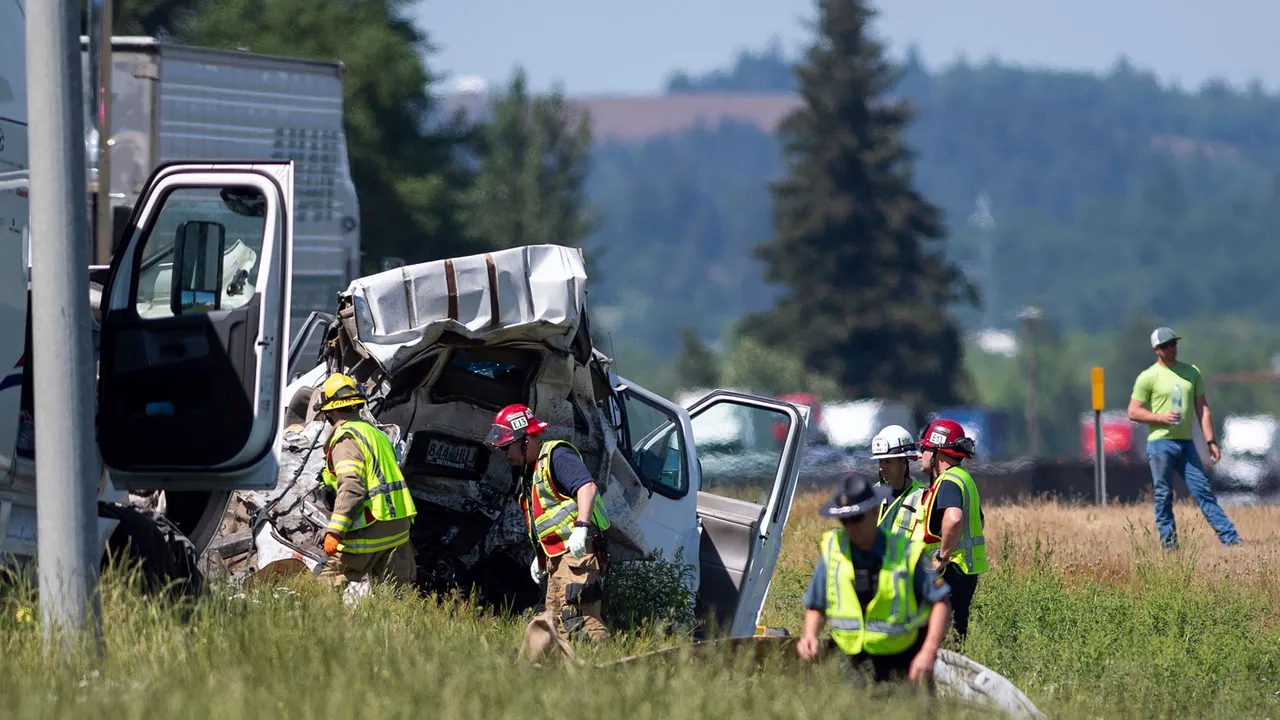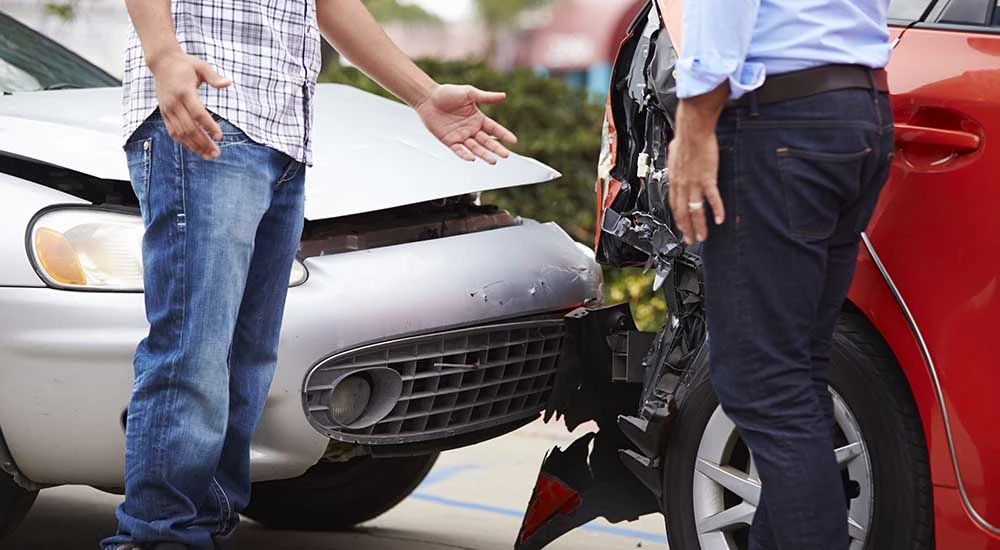Should I Get a Lawyer for Motorcycle Accident
Let’s face it, cruising down Atlanta’s streets on your motorcycle is pure freedom. Wind in your hair, sun on your face – it’s the perfect escape. But then, bam! An unexpected turn of events leaves you staring at twisted metal and feeling the sting of asphalt. Ouch! Now, on top of the physical pain, a new question screeches to a halt in your mind: Should I Get a Lawyer for Motorcycle Accident.
Understanding Motorcycle Accidents
Cruising down the highway on a motorcycle is an exhilarating experience. However, the thrill of riding comes with inherent risks. Motorcycle accidents can be devastating, leaving riders with serious injuries and facing significant financial burdens. This guide dives into the world of motorcycle accidents, exploring common causes, potential injuries, and crucial steps to take if you’re ever involved in one.
Why Do Motorcycle Accidents Happen?
Several factors contribute to motorcycle accidents, with some more prevalent than others:
- Invisibility: Motorcycles are significantly smaller than cars, making them more difficult for other drivers to see. This can lead to situations where a car changes lanes or turns right, unaware of a motorcycle in its blind spot.
- Reckless Driving: Speeding, aggressive driving, and impaired operation of a vehicle (DUI) by either the motorcyclist or another driver significantly increase the risk of an accident.
- Road Hazards: Potholes, uneven pavement, gravel, and unexpected debris can cause a motorcyclist to lose control, especially when traveling at high speeds.
- Inclement Weather: Rain, snow, and fog can impair visibility and make maneuvering a motorcycle more challenging.
- Inexperience: New riders are more prone to accidents due to a lack of experience handling the motorcycle in different situations.
The Outcome: Potential Injuries
Motorcycle riders lack the protective shell of a car, making them vulnerable to severe injuries in an accident. Here are some of the most common:
- Road Rash: This occurs when the rider slides across the pavement, causing severe skin abrasions.
- Fractures: Broken bones are common in motorcycle accidents, especially in the legs, arms, and ribs.
- Head Injuries: Even with a helmet, head injuries can be life-threatening.
- Spinal Cord Injuries: These devastating injuries can result in permanent paralysis.
Tips on What to Do After a Motorcycle Accident
If you’re involved in a motorcycle accident, staying calm and taking the following steps can make a big difference:
- Seek Medical Attention: This is your top priority. Even if you think you’re okay, get checked out by a doctor to rule out any underlying injuries.
- Document the Scene: If possible, take pictures of the accident scene, your injuries, and any damage to the vehicles involved.
- Exchange Information: Get the names and contact information of all parties involved, including any witnesses.
- Contact Your Insurance Company: Inform your insurance company about the accident as soon as possible.
- Consider an Atlanta Motorcycle Accident Lawyer: An experienced attorney can help you navigate the legal complexities of your case and ensure you receive fair compensation for your injuries.
Remember: Never admit fault at the scene of the accident. Briefly explain what happened and seek medical attention.
The Aftermath: When Seconds Feel Like Hours
The immediate moments after a motorcycle accident are a blur. Adrenaline pumps, emotions run high, and the last thing you might be thinking about is legal representation. Here’s the key: securing medical attention is your top priority. Get checked out, even if you think you’re okay. Some injuries can sneak up later, and having a documented medical record is crucial for any potential legal case.
Once you’re on the mend, the dust settles, and reality sets in. Mounting medical bills, motorcycle repairs, and lost wages can quickly turn that post-accident sunshine into a financial storm. This is where an Atlanta Motorcycle Accident Lawyer can be your knight in shining armor.
Why Consider an Atlanta Motorcycle Accident Lawyer?
Sure, you could try handling the insurance companies yourself. But here’s the thing: insurance adjusters are trained negotiators and motorcycle accidents can get complicated fast. Here are some reasons why having a lawyer on your side can make a world of difference:
Understanding the Laws of the Jungle
Georgia has specific laws related to motorcycle accidents, including comparative fault. This means that even if you’re deemed partially at fault, you might still be entitled to compensation. An Atlanta Motorcycle Accident Lawyer can decipher these legal roadblocks and ensure your rights are protected.
Leveling the Playing Field
Let’s face it, insurance companies have deep pockets and a team of lawyers at their beck and call. An experienced attorney can stand toe-to-toe with them, ensuring your case is presented fairly and you receive a fair settlement.
Gathering Evidence
Did a reckless driver cut you off? Was a car parked illegally, obstructing your lane? Evidence is key to a strong case. An Atlanta Motorcycle Accident Lawyer knows how to investigate the accident scene, collect witness statements, and secure any video footage that might exist.
The Art of Negotiation
Most motorcycle accident cases are settled outside of court. A skilled lawyer knows how to negotiate with the insurance company to get you the maximum compensation you deserve for your injuries, lost wages, and pain and suffering.
Courtroom Ready
If negotiations break down, your lawyer will be prepared to take your case to court. Having an experienced litigator by your side can give you peace of mind, knowing you have the best possible representation.
If you want to learn more about “How Long Does a Motorcycle Accident Lawsuit Take?” Visit our blog page now!
But Wait, There’s More!
Beyond the legal battles, an Atlanta Motorcycle Accident Lawyer can also help you navigate the following:
Medical Bills: They can work with medical providers to ensure you receive fair treatment and help navigate often-confusing medical bills.
Motorcycle Repairs: They can deal with insurance companies to get your motorcycle repaired or secure compensation for its value if totaled.
Lost Wages: They can fight to ensure you’re compensated for any income lost due to your injuries.
Is a Lawyer Right for You?
Every situation is unique, but here are some general guidelines to consider:
- Severity of Injuries: If you’re dealing with serious injuries, a lawyer can be invaluable in securing the compensation you need to get back on your feet and back on your motorcycle!
- Complexity of the Accident: Was it a multi-vehicle collision? Were there unclear liability factors? A lawyer can untangle the mess and ensure a fair outcome.
- Insurance Hassles: If the insurance company is giving you the runaround, a lawyer can step in and advocate for your rights.
Wrapping Up
Deciding whether to lawyer up after a motorcycle accident can feel overwhelming. But don’t worry, navigating legal twists and turns is exactly what Shani Brooks Law specializes in. Shani Brooks Law will fight to get you the compensation you deserve. Call today for a free consultation, and let us put our experience on your side! Shani Brooks Law: We protect riders. Remember, a consultation with an Atlanta Motorcycle Accident Lawyer is usually free. This is a golden opportunity to discuss your case, understand your options, and decide if legal representation is the right move for you.
Wrecked your ride and facing a mountain of medical bills? Don’t go it alone. Shani Brooks Law fights for injured riders. Call today for a free consultation and get the compensation you deserve.


